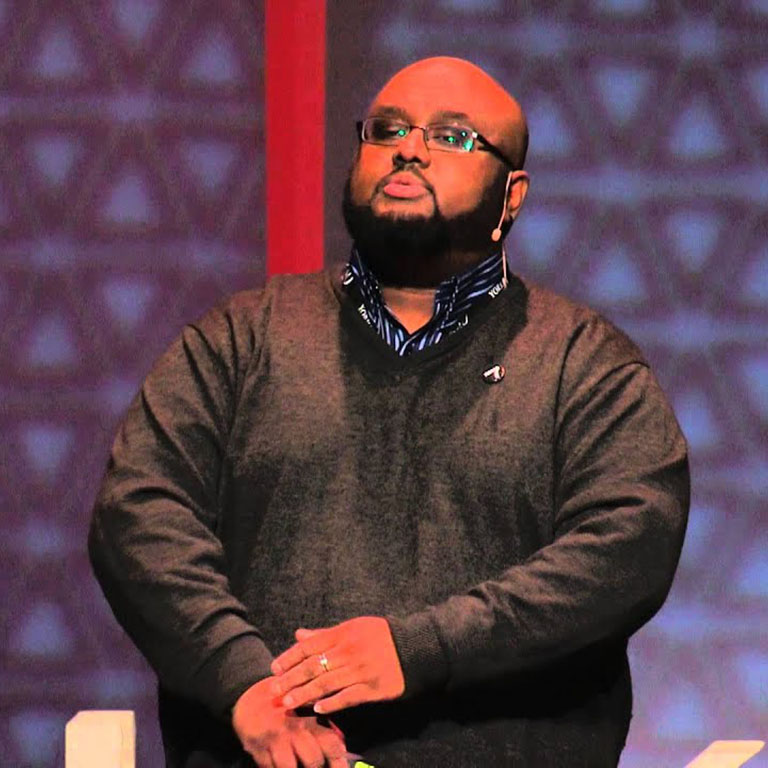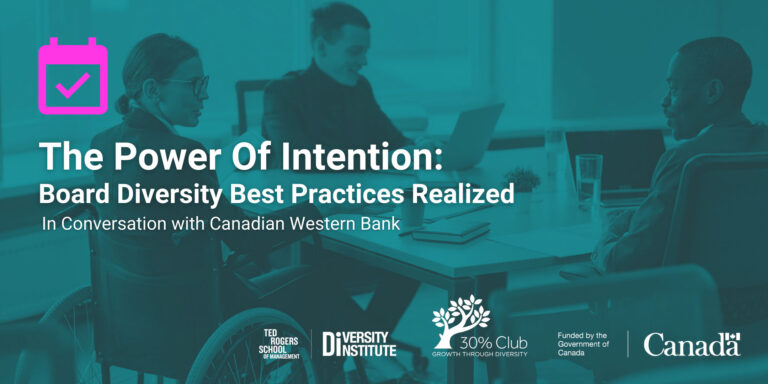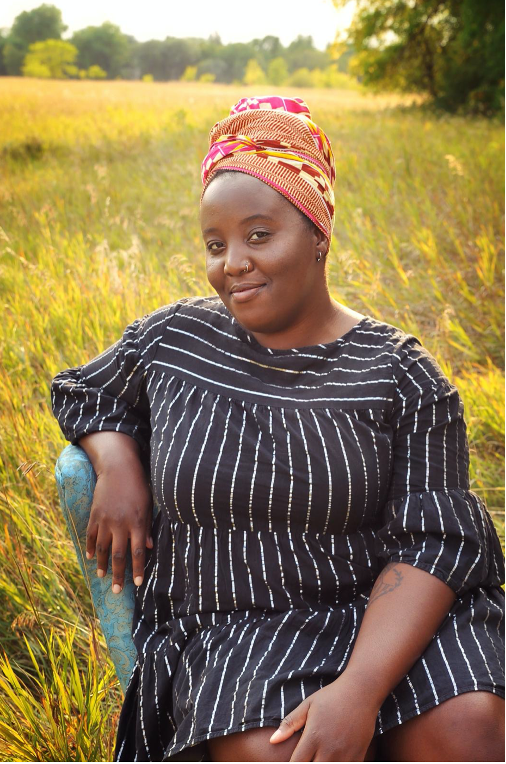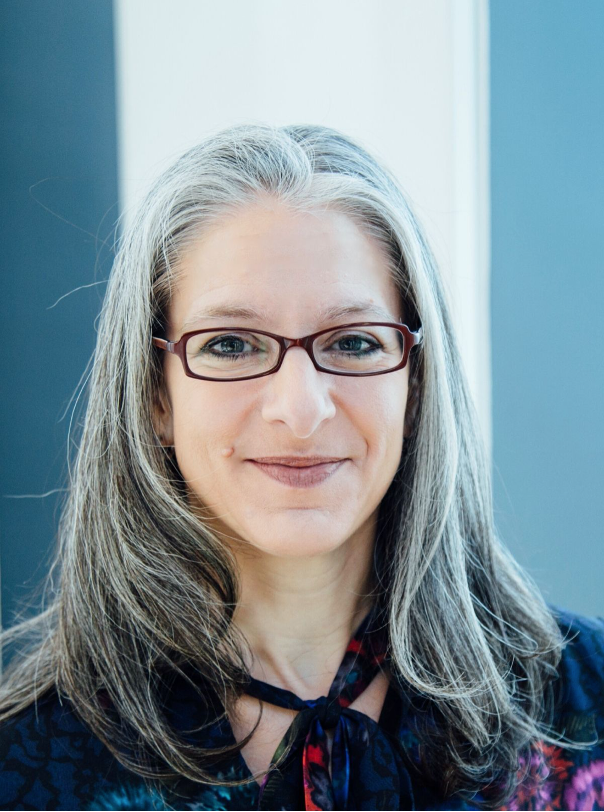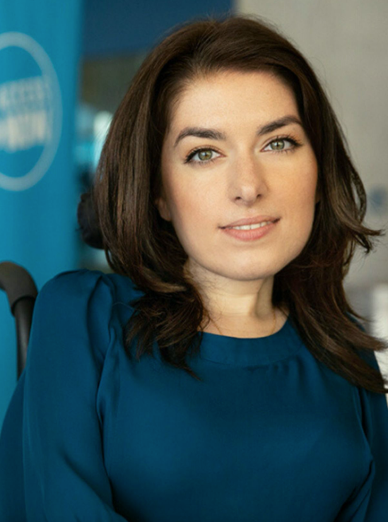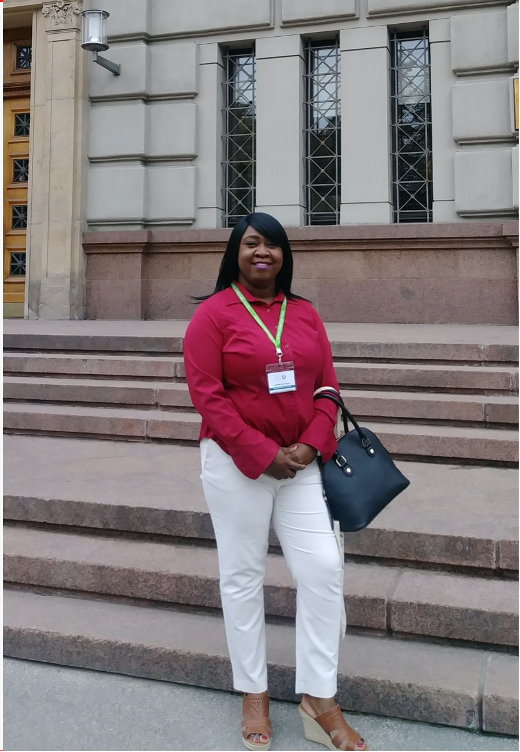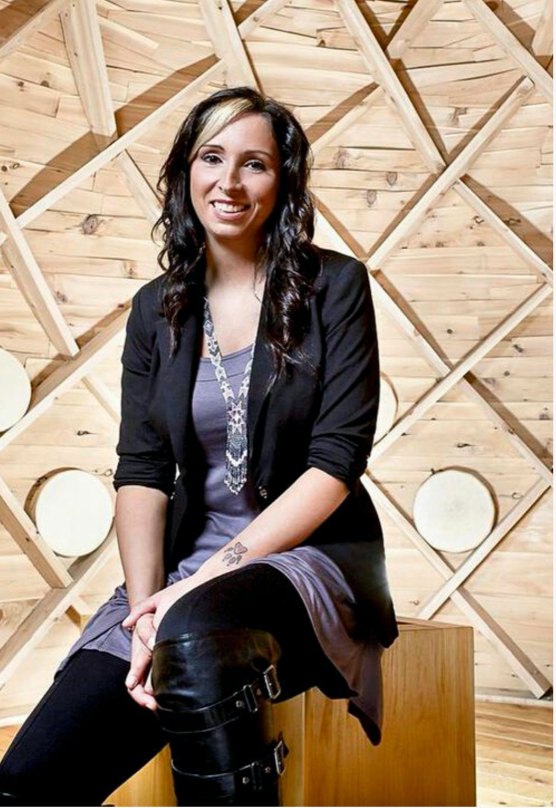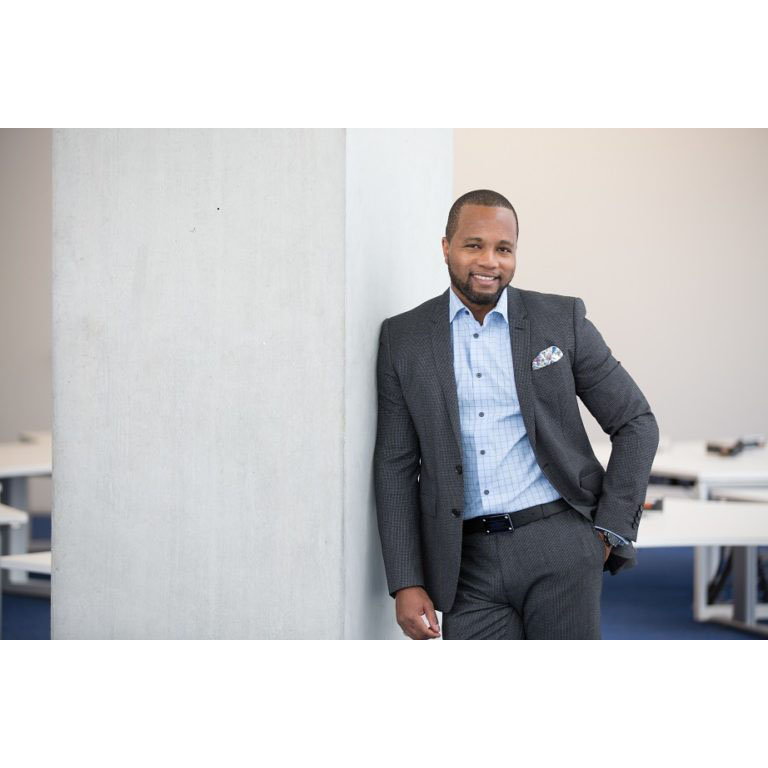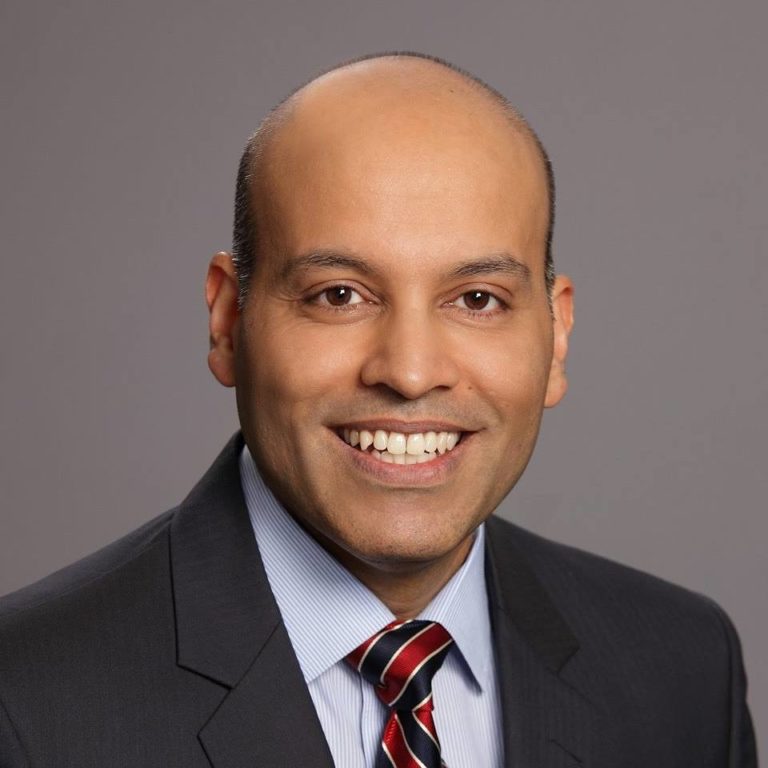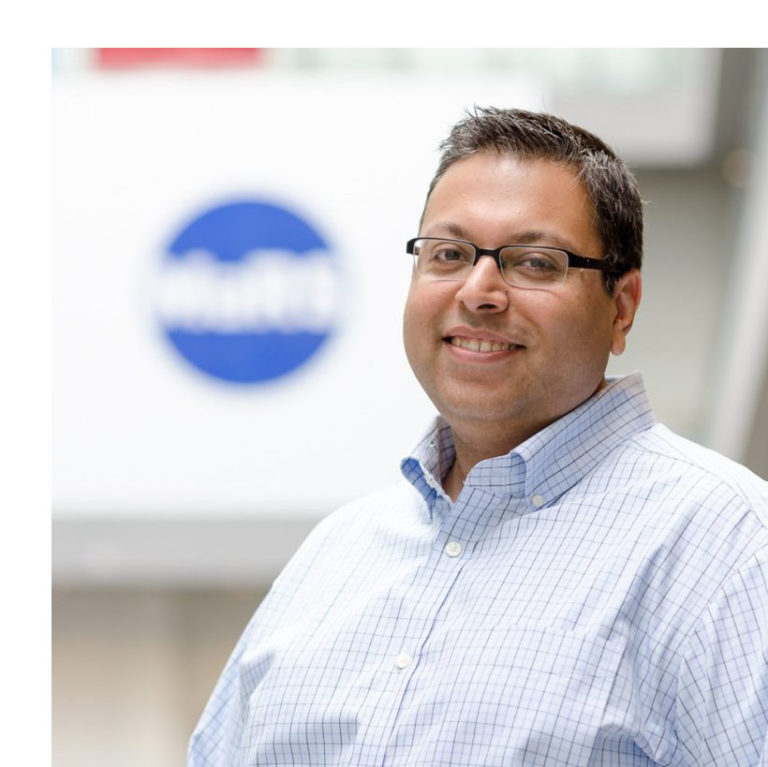By Hailey Eisen
Jeff Perera has spent more than a decade working to inspire a shift in what it means to be a man in today’s society. “Quite simply, our ideas of manhood are outdated and are no longer serving us,” explains the 44-year-old speaker, writer, and facilitator who has delivered keynotes, talks, and workshops to tens of thousands of people across North America.
“I aspire to breach conversations in a brave way,” Jeff says, “to build a bridge between the genders and provide opportunities to support one another as we move toward the awakening of modern men.”
He traces the roots of his passion back to his childhood. Raised in Canada by Sri Lankan parents who emigrated via the UK, Jeff recalls having a staunchly ‘Canadian’ upbringing. “I grew up speaking English, eating mac and cheese, and watching hockey,” he says. “My parents experienced a great deal of racism in England and wanted a different experience for me here in Canada.”
Part of his understanding, and critique, of manhood came from his own father’s abusive behaviour toward his mother. “My mother was an extreme example of what women and girls endure, but I learned early on that my father was broken,” he says. “And I was seeing similar behaviours in the socially and emotionally challenged community I grew up in.”
As a man of colour, Jeff says, there were additional stereotypes he had to navigate. “Whether it’s the negative ones, the narrative that group X is lazy and group Y is smarter, or other stereotypes that feel complimentary, like this group is more athletically inclined or this group is more hard working — they’re still treating you as ‘other than’,” he says.
As a teenager, Jeff rejected a lot of the traditional stereotypes that were pushed on him. But it wasn’t until he was in his thirties and went back to school to study social work at Ryerson, that he realized how he could take his beliefs and put them into action.
As a mature student, Jeff got involved in human rights work on campus and joined White Ribbon, the world’s largest movement of men and boys working to end violence against women and girls. For years he co-chaired the White Ribbon Campaign on campus and organized events and facilitated workshops. This led into a full-time role with White Ribbon, followed by a position withNext Gen Men, a non-profit organization that promotes positive masculinities, healthy relationships, and gender equity. He eventually started his own freelance business — spreading a message of healthy versus harmful ideas of manhood — which he’s been running successfully for four years.
“For most boys, there’s a moment of trauma where childhood ends and they’re encouraged to ‘man up’, but when they enter their first romantic relationship, suddenly they’re expected to contribute emotionally and don’t have the tools to do so.”
Today, he’s speaking and facilitating workshops to help create a map of modern manhood that’s more inclusive, accessible, and puts equity first and foremost. “As a collective society, we’ve instilled traditions and ideas of masculinity that don’t serve us in a lot of ways. There’s the hunter-gatherer narrative, there’s manhood measured by dominance, what we own, what we demonstrate or produce, and our access to power,” he says. “But what I always say is the measure for manhood should be how we give and how we live.”
Through his work, Jeff is tackling the stereotypes that he grew up with — and more. Be it gender, ethnic or cultural background, or disability, “what we really want to do is to recognize those differences and celebrate them,” Jeff says. “We want to be able to say, ‘like you, I am different.’”
But what about those men who aren’t ready for that message? We may find ourselves feeling defensive or reactionary if our differences are challenged rather than celebrated — but shaming others for their learned biases isn’t going to change them. Real change begins, Jeff says, when we have more living examples of what manhood should look like, and role models leading the way. This is what he’s set out to do, and he’s encouraging other men to join the conversation via his website, Higher Unlearning.
From a corporate perspective, Jeff urges companies to think about more inclusive hiring and to “dip your toe into the pool and try to see what it will feel like for a woman, or a gay man, or a person of colour.” It’s about becoming aware of your blind spots and doing what you can to change those. This includes stepping up as a champion and contributing to a culture of caring.
“We have to ask ourselves, what can we do to ensure our work environments are more inclusive?” This can be impacted by simple things such as the language that’s being used, the activities chosen for team building, the culture of respect being garnered, and the focus on listening to what women, and others, have to say.
Jeff believes that most men need to work on building their “empathy muscles,” which tend to get stunted in childhood. “For most boys, there’s a moment of trauma where childhood ends and they’re encouraged to ‘man up’,” he says. “But when they enter their first romantic relationship, suddenly they’re expected to contribute emotionally and don’t have the tools to do so.”
To build empathy, Jeff says, men need to go back to the metaphorical gym and work on the muscles they want to grow. “Men also need to step up and spot one another in this process,” he says. “As I always say, compassion without action is just observation. If you want change, you need action.”
What is the role of men in gender equality? Over the next year, the 30% Club Canada and Women of Influence are partnering to explore this question. We’ll be sharing the stories of allies — men who are pushing for gender equality in the workplace, or making it happen in their own business. These Champions of Change can act as visible role models, inspiring and guiding other men to follow in their footsteps. If we’re going to level the playing field, we need men to be engaged.

